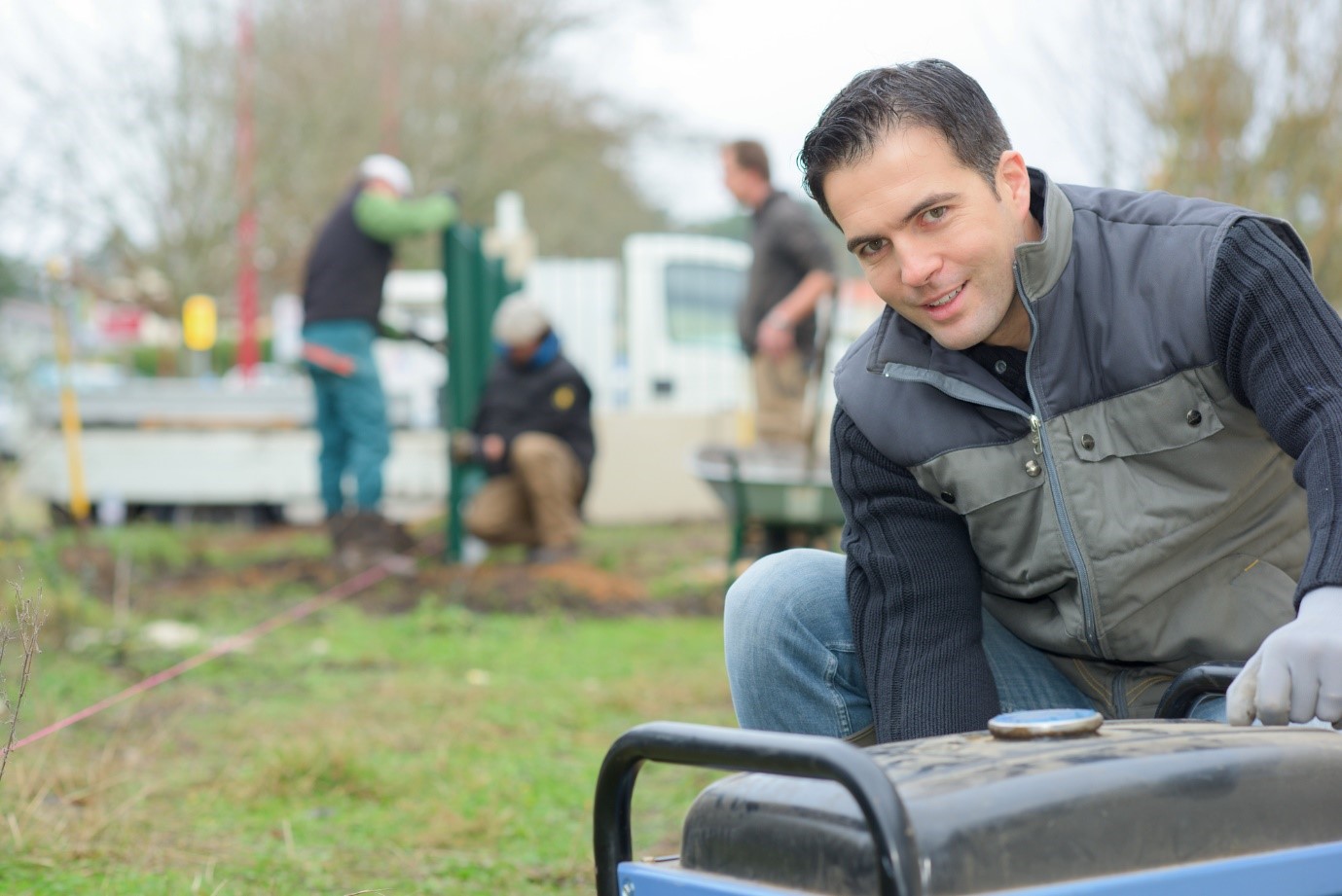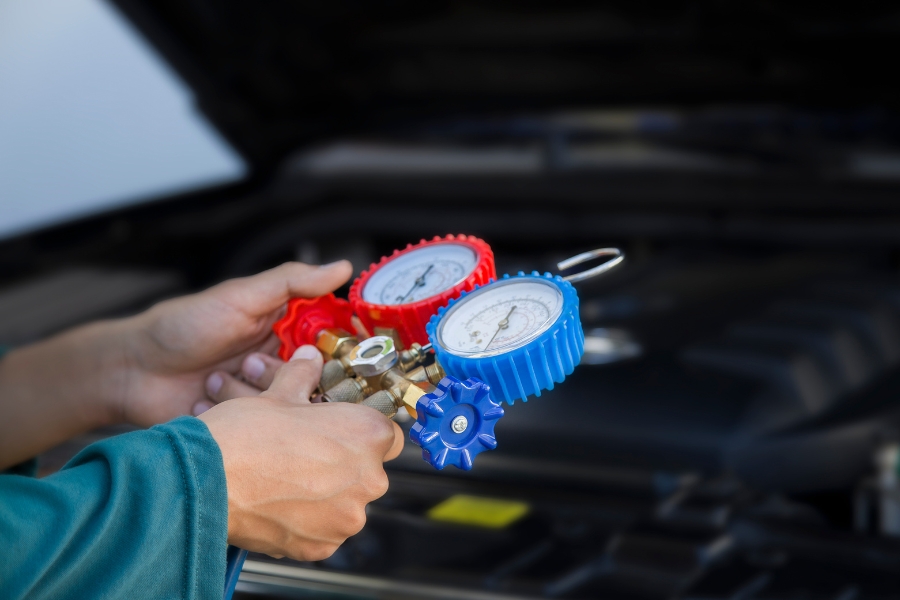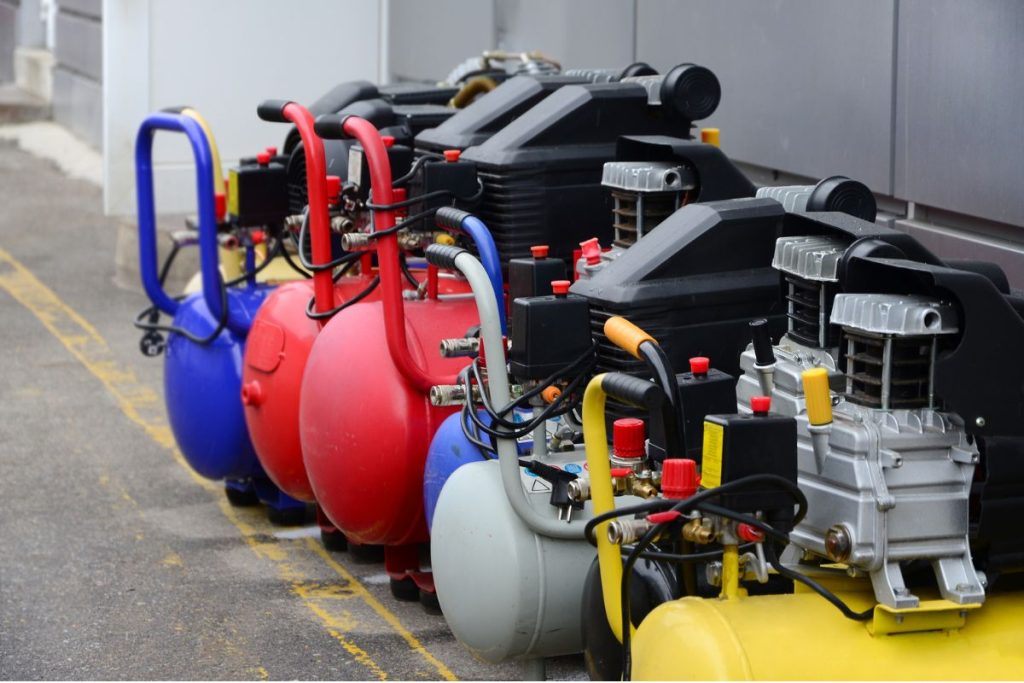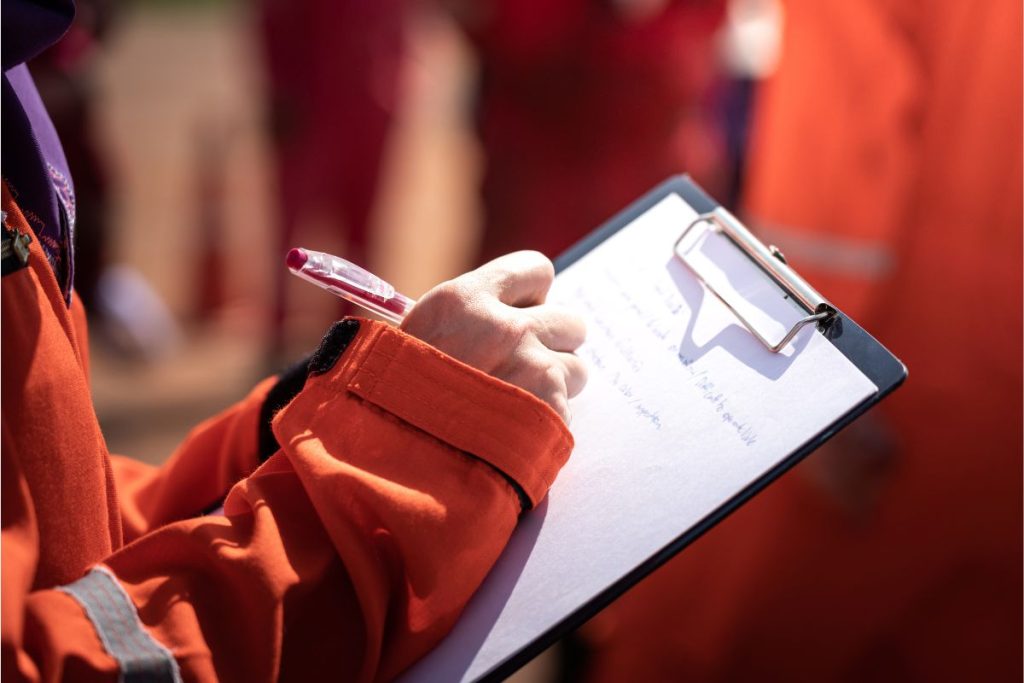Air compressor maintenance is essential in winter, as compressors tend to function less efficiently in colder temperatures. If the temperature drops below 5°C, this can cause a variety of problems, including frozen condensate and thickened compressor oil. If these issues are left unchecked, the performance of your compressor can suffer, or the compressor can even break down completely.
But if you take the right steps to protect your compressed air equipment during the winter months, you won’t need to worry about these problems occurring.
Here are five essential compressor maintenance tips to ensure your equipment continues to run smoothly through the winter.
1. Drain condensate daily
Condensate is a common problem for compressors, as moisture is a natural by-product of compressed air, causing condensate to gather in the system. This problem becomes worse during the winter months, especially if your compressor is housed outdoors. The increased moisture in the air causes more condensate to form in your equipment; and in cold temperatures, this can freeze and cause pipes to burst.
To prevent this happening, you need to drain the condensate from your system daily in winter. You can make this easier by installing an automatic drainage valve, to ensure high levels of condensate can’t form.
2. Use a heater
Whether your compressor is located indoors or outdoors, you can give it extra protection in winter by keeping it warmer. Ideally, you should house your compressor in a room or shed, and install a small space heater to make sure the temperature doesn’t drop below 5°C. This will help to prevent any build-up of condensate in the system.
Please note that the heater should always be located a safe distance away from the compressor, to negate any risks.
3. Use trace heating
If you want to keep your compressor running as smoothly as possible through the winter months, you also need to protect the compressor piping. Even if you house your compressor in a heated room, there is a high possibility that the pipes will have to pass through colder or outdoor areas. If the pipes freeze, they can become blocked, or even pass ice particles down the line.
You can solve this problem by using trace heating on your pipes to prevent freezing. This gives extra protection not only to your compressor, but also to the entire distribution system.
4. Check cords
Effective compressor maintenance includes taking care of all electrical cords going to the compressor. These can become brittle in cold weather, making them more susceptible to damage, and this can be dangerous. For this reason, you need to check them regularly to ensure they are still in good working order.
Ideally, you need to keep the cords out of harm’s way wherever possible. You can do this by burying them below ground, or raising them on high poles which run between the compressor and the outlet. In addition, never wrap electrical cords tightly, as this can cause damage, particularly if the cord is weakened by the cold.
5. Schedule a service
You will always get the best out of your compressor by having it serviced regularly. However, this is even more important during the winter months, when unforeseen issues are more likely to occur.
To give your compressor the best protection, schedule a service with an experienced company. They will know all the elements to check and how to resolve any issues, to ensure your compressor keeps running smoothly throughout the winter.
If you would like more advice about compressor maintenance, Express Australia is always happy to help. Please contact our expert team for more information.





